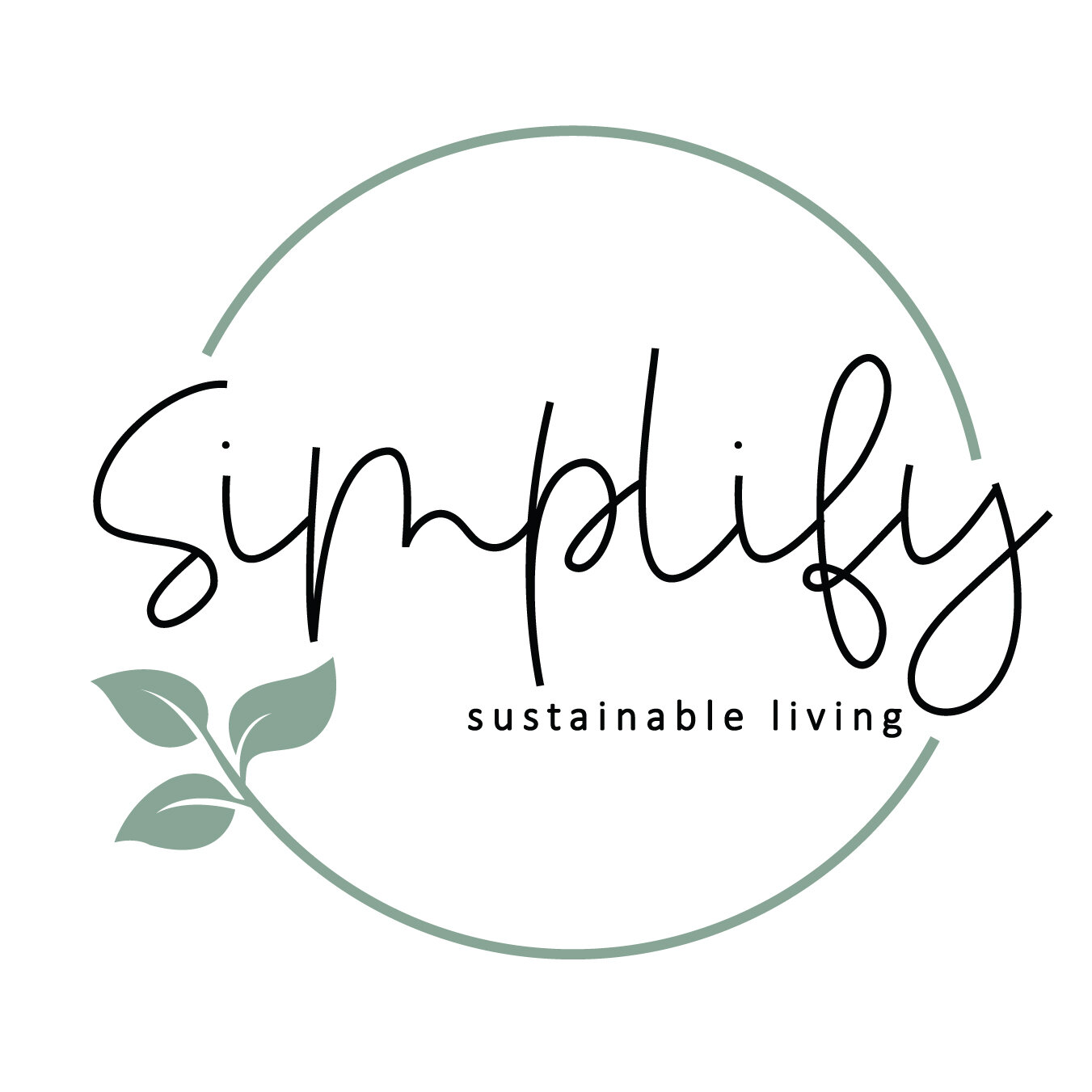Happy Menstruating: Why I’m grateful for my period
“Happy” and “menstruating” are two words that you don’t often find together. It doesn’t matter how many periods you’ve had, if you’re caught by surprise, ill-equipped, or just in pain, it’s definitely not a happy time. In fact, it can be a very stressful time for many – which is why Menstrual Hygiene Day exists. It’s also why I’m very excited to share some stats, thoughts, and resources about menstruation with you.
If you’ve read Part 1 of this 3-part series, you’ve heard about my PMS symptoms: the pain, cold sweats, nausea and general exhaustion that comes with my period. If I’m being honest, I love to complain about this, who doesn’t? But when I reflect on it, especially in light of Menstrual Hygiene Day, I’m actually extremely lucky - for a multitude of reasons!
Here are a few of the reasons why I’m grateful when my period arrives:
1. My cramps are not debilitating.
32-40% of women report pain so severe they have to miss school or work. These are women whose menstrual cramps can keep them completely bed-ridden! So when I’m menstruating I count my blessings that I can get up in the morning, take a Midol, and live life (mostly) normally. For some of the remedies (natural or otherwise) that I’ve found work best for my cramps, click here.
2. I have the financial means to tend to my needs.
2.4 million women and girls in Canada (13.8%) are living on low income. Low-income here means their after-tax income is below 50% of the median income. Women in Canada will spend up to $6,000 on menstrual products in a lifetime, according to a 2018 estimation. I imagine that estimation is after the 2015 legislation to eliminate the tax of menstrual hygiene products (only 5 years ago!).
I’m lucky enough to have never had to choose between menstrual products and groceries or other necessities. When I wake up at 4am to grab a glass of water, a Midol, and a hot pack before going back to sleep, I’m not usually thinking about those who can’t afford to have a roof over their head, but maybe I should be.
3. I have the physical means to tend to my needs.
Disabilities and special needs can complicate matters for women and girls in the best of situations and we know that these needs make them disproportionately more likely to be in unfavorable circumstances. The added strain of menstruation can lead to additional stress and discomfort for these women and girls.
4. I was educated on what to expect.
Many girls don’t know about menstruation until their first period. They may even think they’re dying or severely ill. With all the stigma around menstruation they may be scared to ask someone for help and so suffer through their fears alone.
Flo is an amazing app that helps menstruating humans track their period and know their cycle. It also has helpful health insights, fun quizzes to test your knowledge, information on healthy relationships, and forums where you can find amazing support. Flo has helped me understand my cycle and my body better than living through my period for nearly 15 years. I would love to see all girls equipped with these kinds of resources to answer their questions and give them the support they need.
5. I have excellent emotional support.
We may think that periods are taboo in westernized North America, but in some countries and in some cultures women are banned from their homes during their periods during which time they sometimes go missing or are killed. There are many different ways women suffer from menstruation stigma. Whether it’s being shunned or simply the fear of asking a male shelter worker for a tampon, menstruation stigma is keeping women from caring for their most basic needs.
6. I have the means to proper sanitation at home, at work, and most anywhere I go.
Globally, 2.3 percent of people lack basic sanitation services. Poor menstrual hygiene can lead to both reproductive and urinary tract infections. Imagine not being able to wash your hands regularly (or at all) during your period.
Each of these items by itself is difficult, but too often menstruating humans suffer from more than one of these disadvantages. These struggles can compound into seriously difficult situations, keeping women and girls from school or work during their period, perpetuating the cycle.
Before I started doing my research for this post I truly hadn’t considered all the period-privileges I have. But what struck me most was how disability can affect how you manage menstruation; my able-bodiedness is probably the thing I most take for granted.
I hope this information does Menstrual Hygiene Day justice and allows us to reflect on our privilege and how we can speak up for the needs of women and girls locally and globally. My hope is that by having these discussions we may see each other, know each other, and support each other.
If you have the means to do so, please consider supporting these great initiatives: Allcycles, No Woman Without, and Days for Girls with your finances or, even better, with your time! You can also donate products to your local homeless/women’s shelters.
Menstruating is hard and stressful enough, let’s make sure everyone is supported, safe, and has access to the resources they need.
Did you miss the rest of the menstruation series? Check out Part 1 “Remedies for Menstrual Cramping” or Part 2 “Reduce Waste. Period”.
